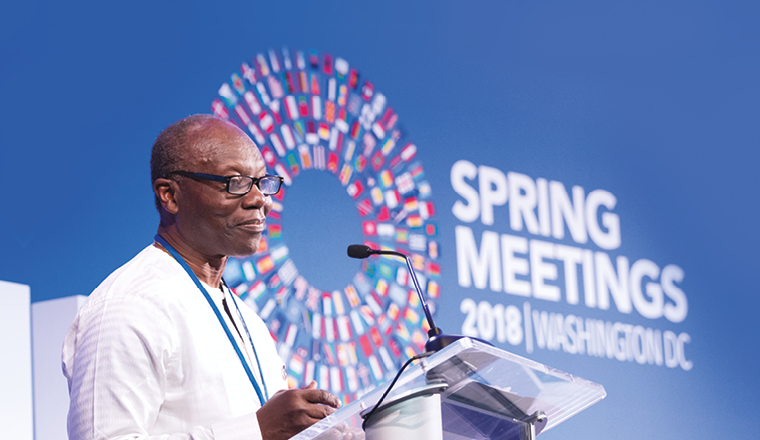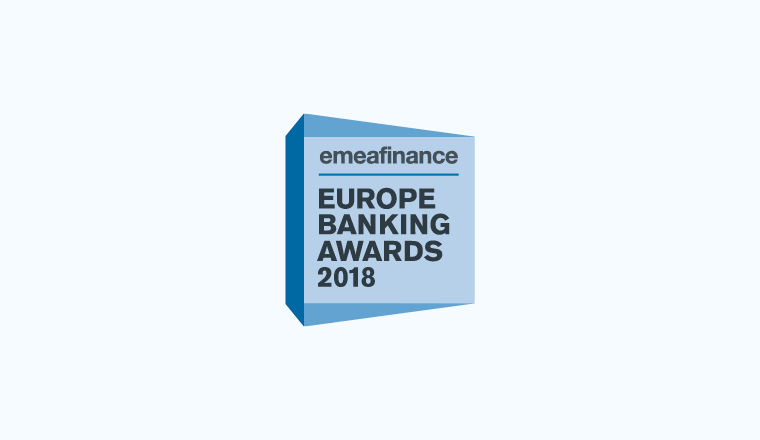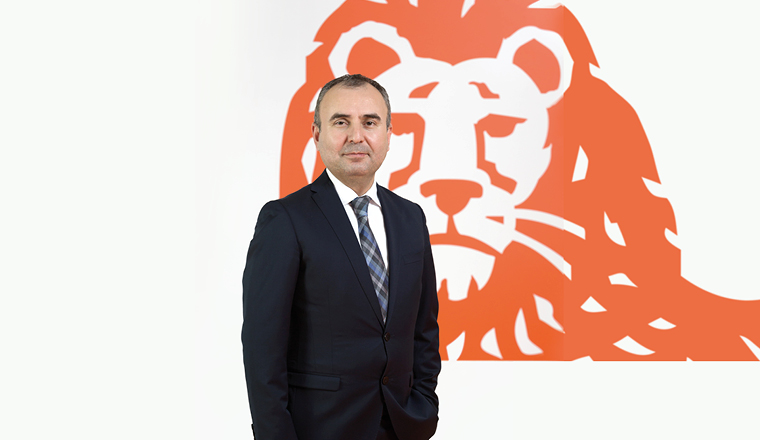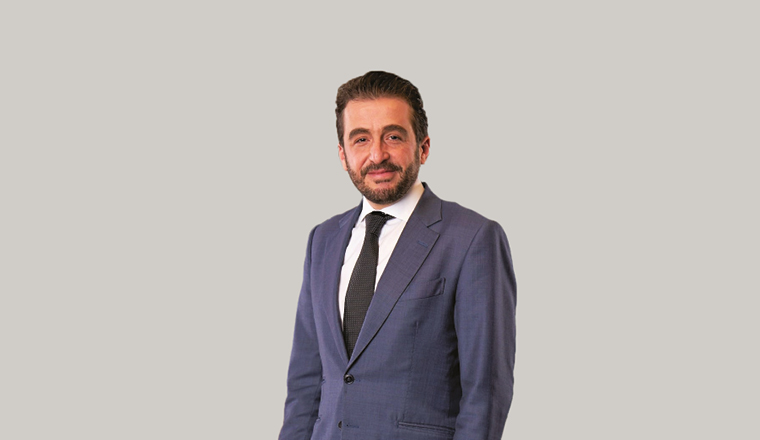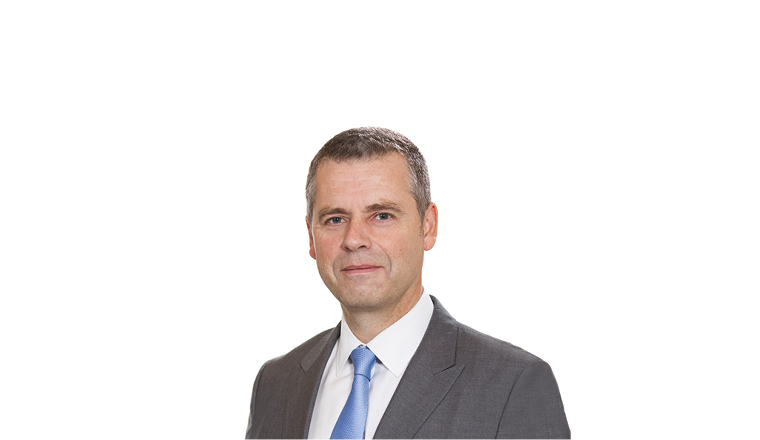Exuberantly delivering the Raiffeisen Bank International’s 2018 results, RBI’s CEO Johann Strobl said, “This is the best year in the history of the bank.” And, from this point the positive results flowed. Reporting a consolidated profit of €1.27bn, and highlighting both the bank’s conservative approach to its business and a brighter economic environment throughout the majority of the countries where it operates in CEE & CIS, Strobl emphasized that RBI is operating efficiently and that its subsidiary banks are performing well and profitably.
Much of the result can be attributed to the bank’s managing of its risks, and its current non-performing loans (NPL) ratio is down closer to a European wide average of 3.8% from a much higher 12% just a few years earlier.



